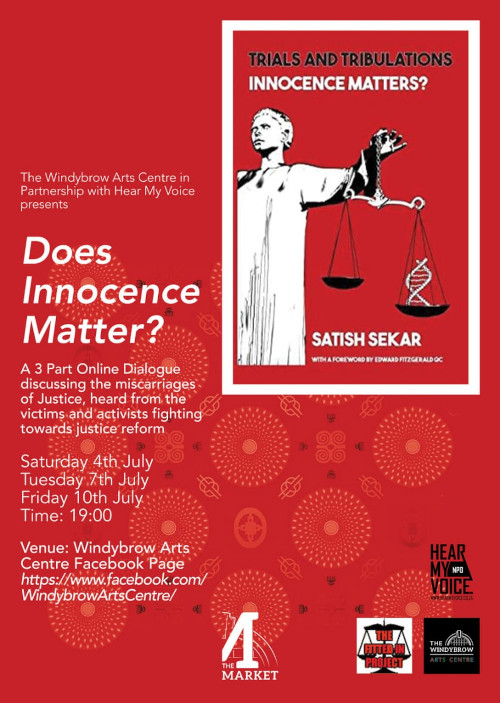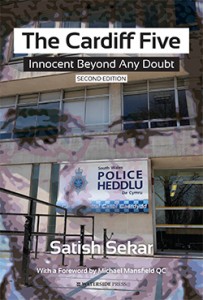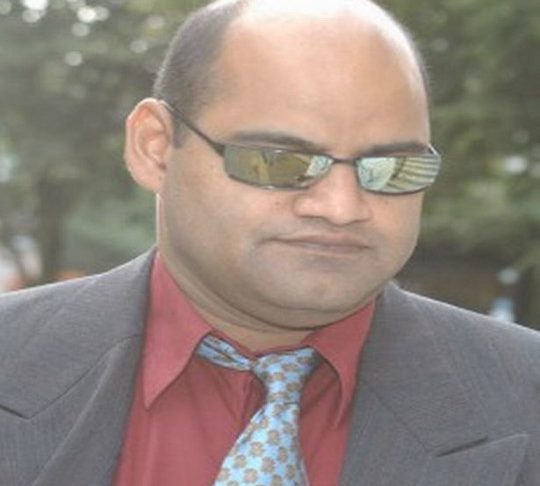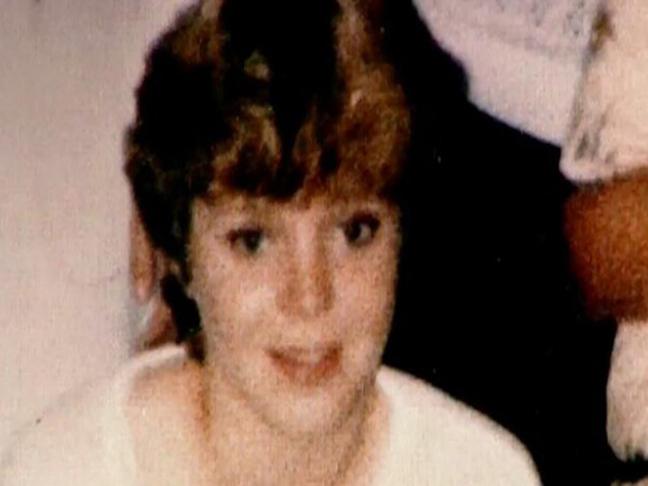
Words Are Not Enough
March 16, 2025Disastrous Injustice
March 24, 2025By Satish Sekar © Satish Sekar (March 17th 2025)
A Murder Most Foul
In March 1996 Karen Skipper was brutally murdered in Cardiff – she had gone out to walk her dogs, along Birdies Lane. Her dead body, stripped from the waist down. was found tied up with her dogs’ leads in the nearby River Ely.
It was a particularly cruel murder – one where her family were denied the reason she was killed as her killer, John Pope, has never explained his actions. It is, of course, Pope’s right to refuse to explain his actions as he claims that he is innocent, but his method of protesting his innocence leaves much to be desired.
Pope took a most disreputable option – he hoped to establish a reasonable doubt for himself through his lawyers by attacking the character of Karen’s estranged husband, Phillip, who stood trial for Karen’s murder. Phillip Skipper was acquitted in 1997. He died of stomach cancer in 2004, calling on the authorities to reopen the case and find the real murderer. That happened in 2009.
The Second Welsh Vindication Case
The Lynette White Inquiry was the first vindication case in Britain. It was followed by the Damilola Taylor Inquiry and Lesley Molseed Inquiry. The second Welsh vindication case was the Karen Skipper Inquiry, which was one of the strangest, as it involved a trial and retrial and two appeals, during which the perpetrator, John Pope, was tried, won an appeal, got a retrial, got convicted again and lost the second appeal, so he is currently in prison.
Pope had a tariff of 19 years imposed on him twice. That meant that both trials resulted in tariffs where the judge did not impose the maximum they thought could be imposed, as there were no credible mitigating factors and the judges had failed to include allowing the innocent Phillip Skipper and his family to suffer wrongful accusation and character assassination as an aggravating factor, let alone a serious one.
A Largely Unheard Voice
The Karen Skipper Inquiry is the next of the vindication cases that will be considered by the Parole Board – it needs to be observed carefully given what happened in the first vindication case. Former Detective Chief Superintendent Kevin O’Neill led the investigation that brought Lynette White’s real killer, Jeffrey Gafoor to justice.

What would he like to see happen in the parole application of John Pope over the murder of Karen Skipper – bearing in mind that Phillip Skipper is no longer alive to have his say?
“Certainly, I’d like to see the process conducted in a way that you have highlighted and – highlighted in a way that we feel it hasn’t been transparent,” O’Neill told me exclusively.
“It hasn’t been consistent. I’m not well cited on the case and to me, it matters not that that individual is dead now. There will be those who have been adversely affected by it.”
O’Neill went on to compare it to the experiences suffered by those involved in the Lynette White Inquiry.
“Many of the family have died in relation to Lynette’s murder, so it was always … there’s a context of how this went and how it was like at that time and how it impacted people’s lives. At that time, lives would have been different if cases had been dealt with differently.”
He wants to see far greater understanding of the ordeals all of the victims of these cases endure.
“I think it’s really important – I think they really need to understand how important their role is and the impact it has on people’s lives, because the truth in homicides and serious cases, people never really get over it,” he said.
“People’s lives are changed and not the way they want them changed – and most of that is not within their gift – the one person who has that gift is the murderer.”
O’Neill criticises the conduct of the criminal justice system and organisations tasked to improve it.
“Yet again, in many cases, the murderer seems to be dealt with better,” O’Neill says, “so it’s really, really important that we change that system.”




